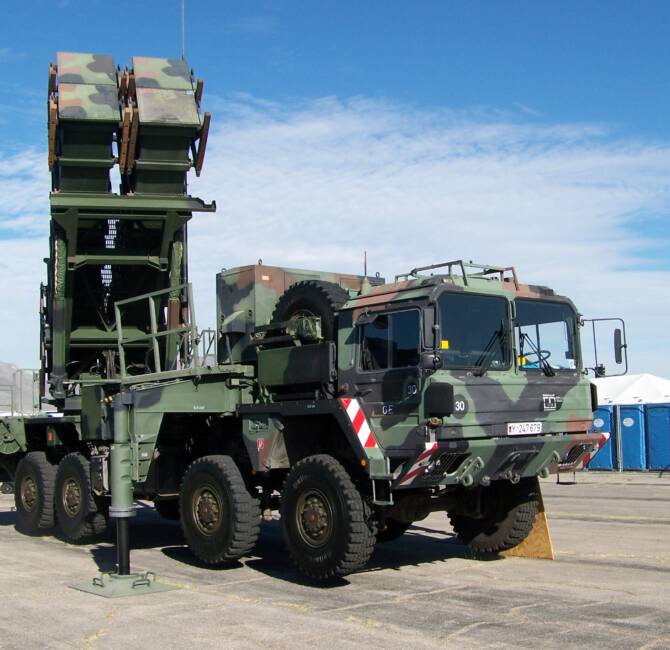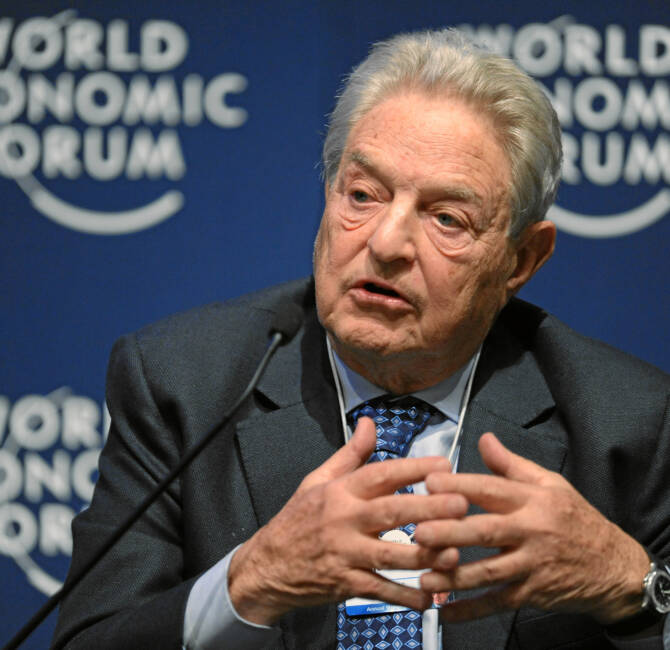Hungary/Belarus – Hungarian Minister of Foreign Affairs and Trade Péter Szijjártó travelled to Minsk on October 26 to take part in the international “Eurasian Security” conference held in the Belarusian capital on October 26–27. Szijjártó was the only representative of a Western country at the conference, defying “condemnation from certain parts of Europe”. He held talks with his Belarusian and Russian counterparts, Sergei Aleinik and Sergei Lavrov, as well as with Belarusian President Alexander Lukashenko.
For the resumption of a “civilized dialogue” between East and West
In an address to representatives of the nations of the Collective Security Treaty Organization (CSTO), Mr. Szijjártó pleaded for peace and the resumption of “civilized dialogue” between East and West that would be free of the “debates based on ideology and politics”, “lest we should give up hope for peace”. He also lamented that “the bonds of Russian-European relations [had] been cut one by one over the past year and a half. ”
“We need an immediate ceasefire”
Referring directly to the war that is still raging in neighbouring Ukraine, Péter Szijjártó reaffirmed that “the most important task now is to save human lives […] And
people’s lives can only be saved if this war ends. For this we need an immediate ceasefire
and we need peace talks, because without them there will be no peace in Ukraine […]
We Hungarians are on the side of peace.”
In a direct address to the Belarusian foreign minister, Szijjártó urged him to “also do everything possible for peace and to do everything possible against the prolongation and escalation of the war”.
Concerning the Hungarian government’s attitude towards Russia and the Russian-Ukrainian conflict, the Hungarian minister recalled that “Hungarian energy security cannot possibly be achieved without Russian energy sources, which is why we will continue our pragmatic cooperation with Russia, as many others do.”




